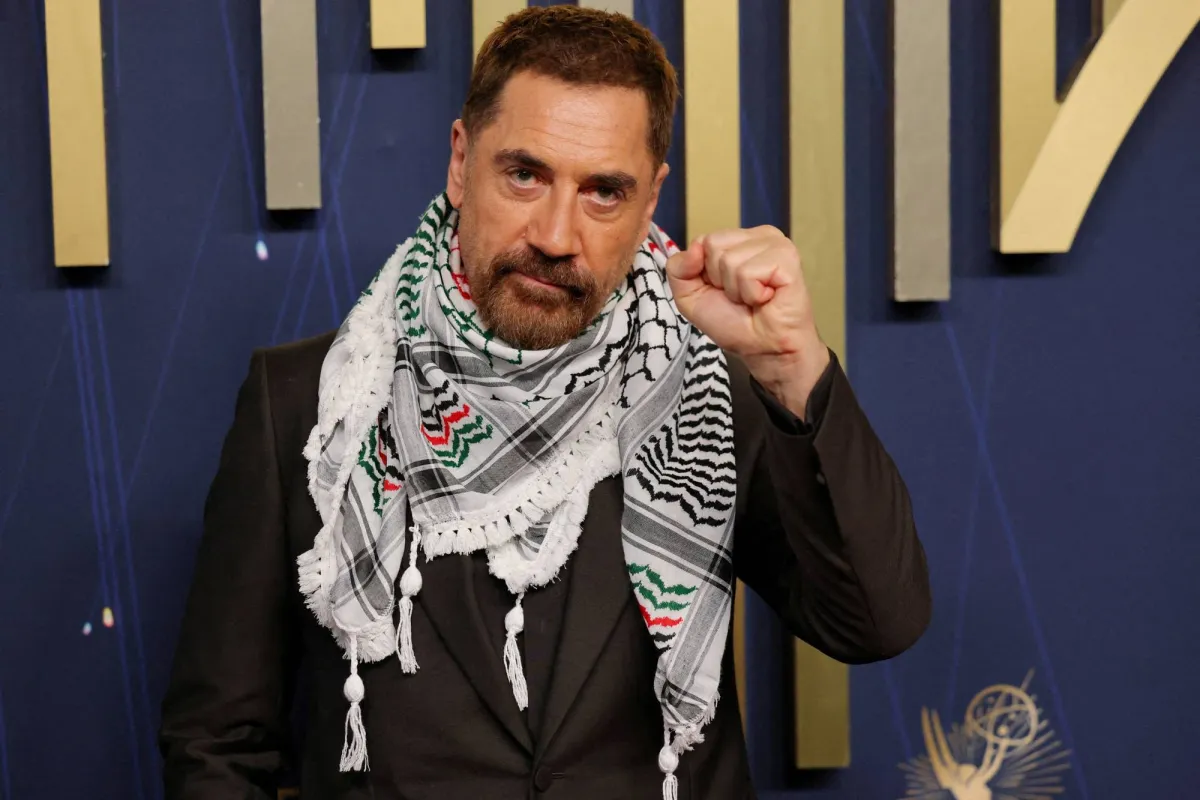Introduction to the Conflict
The media battle between those denouncing the ongoing war of annihilation in Gaza and its supporters has intensified in recent days and is still accelerating at an unusual pace. The protests we previously witnessed from some film industry workers were only a modest beginning compared to the remarkable developments currently taking place.
The Petition
A few days ago, about 4,000 filmmakers, including actors, directors, writers, and filmmakers, submitted a petition signed under the name “Film Workers For Palestine,” calling for a boycott of Israeli film institutions in response to the ongoing war of annihilation in Gaza and the hunger and bombings faced by Palestinians. The petition included the signatures of some of the most well-known filmmakers and filmmakers, including Greek director Yorgos Lanthimos, American director Ava DuVernay, and American directors Joshua Oppenheimer and Adam McKay, as well as actors Joaquin Phoenix, Rooney Mara, Abbi Jacobson, Jonathan Glazer, Mark Ruffalo, and Susan Sarandon, and Emma Stone and Andrew Garfield.
International Support
Also joining from Europe were Irish actor Brian Cox, British actresses Tilda Swinton and Olivia Colman, and Spanish actor Javier Bardem, alongside another large group that also included Italian and French filmmakers. The latter appeared at the "Emmy" ceremony last Sunday evening, wearing the Palestinian keffiyeh, denouncing the war of annihilation and asking: "How many Palestinian children must die before the world takes action?" On the same platform, Jewish actress Hannah Einbender attacked the Israeli government and emphasized that there is a clear separation between Jews as people of religious identity and the Israeli state.
Votes for and Against
The Emmy ceremony saw its highest viewership since 2021 as 7 million and 420,000 Americans watched it, an 8 percent increase from last year, according to the statistical organization Nielsen. However, two days before the ceremony, Paramount released a statement in the form of an open letter expressing its opposition to the Film Workers For Palestine petition. The statement said Paramount disagrees with "recent efforts to boycott Israeli filmmakers," adding that "silencing the voices of artists and creators based on their identities does not contribute to greater understanding or promote peace."
Response to the Statement
The response to this statement came quickly through an interview the Los Angeles Times conducted with the organization that issued the petition, emphasizing, "We are not targeting individuals, but corporations and institutions," and it was hoped that "Paramount" had not misunderstood the petition, which provides protection from criticism of the genocide at a time when global anger continues, and took the right steps to counter what is happening.
The Israel Film and Television Academy’s Response
On Tuesday, the Israel Film and Television Academy released a response to the petition and accompanying supportive reactions after it became clear that the commitment of more than 4,000 filmmakers from around the world cannot be overlooked and that what the petition called for cannot be ignored. The response states that the aforementioned academy is independent of government policies and that its president is elected by Israeli filmmakers.
Funding of Films
The academy also said it has funded films that criticize Israeli politics, such as "Lebanon" and "A Dance with Bashir" last decade, as well as "Foxtrot" in 2017. These are examples that express opinions that do not relate to current events, in contrast to what European and Arab production organizations have produced in films on the Palestinian issue produce, and for example only “No Other Land”, which was financed by a Finnish company and is called “Palestine” in its performances.
The Next Chapter
What is happening is not the final phase of this media conflict between those who oppose the war on Gaza and those who show solidarity with it, even if this is done by covering up the facts and ignoring their data. At the forefront is the systematic and deliberate genocide that incited many artists and media professionals, most of whom would not have dared to declare their opposition to Israel’s policies or to what is happening to Palestinian citizens for decades.
Upcoming Events
The next chapter won’t be any easier, as there will inevitably be more podium places at the next Oscars. This year there are two Arab films about Palestine: “Palestine 36” by Anne-Marie Jacir and “The Voice of Hind Rajab” by Kaouther Ben Haniyeh. If the two are selected together in the official nominations, they will compete for one award, namely the “Best International Film” award. The Israeli nomination could be for a film called “The Sea.” It will be an implicit response to the Israeli Film and Television Academy’s accusation that it is in solidarity with government policy, as it talks about a Palestinian boy living in Tel Aviv trying to reach the sea alone.
Historical Context
In 1978, then-young British actress Vanessa Redgrave stood on the Oscar podium after winning Best Supporting Actress for the film Julia and paid a heartfelt tribute to Palestine. The media was excited and Hollywood was shocked by the surprise, and the actress lost contracts for future films for several years. Today, this agitation will not be limited to one side or the other. It started months ago and won’t end anytime soon.

